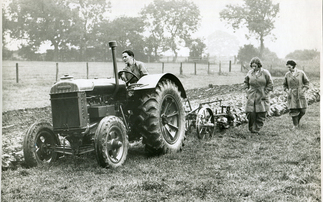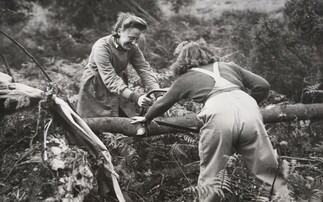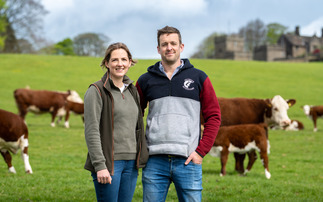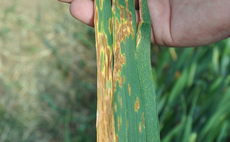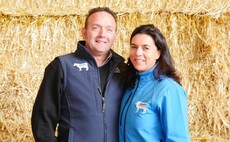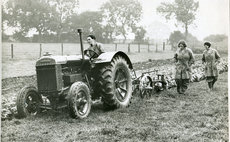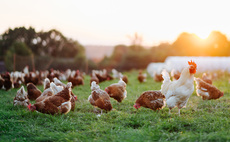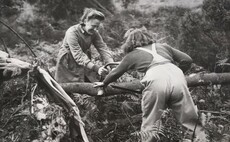
UFU deputy president John McLenaghan said: “We often associate sun safety with holidays, but farmers are exposed to harmful UV rays every day"
Each year, more than 4,000 cases of skin cancer are diagnosed in Northern Ireland, with outdoor workers, particularly farmers, among the most at risk, according to the Ulster Farmers' Union (UFU).
As May marks Skin Cancer Awareness Month, the union is using its appearance at next week's Balmoral Show (May 14-May 17) in Lisburn, to highlight the issue and will be handing out free bottles of sunscreen to encourage farmers to make sun protection part of their daily safety routine.
Cancer
UFU deputy president John McLenaghan said: "We often associate sun safety with holidays, but farmers are exposed to harmful UV rays every day. Long hours in the sun make them one of the most vulnerable groups to skin cancer.
"Skin cancer is now one of the most common cancers in the UK. By highlighting it at the Balmoral Show, we aim to raise awareness and encourage members to take simple but vital precautions. Many do not realise that even on cloudy days, UV rays can cause serious skin damage."
In NI, non-melanoma skin cancers, especially basal cell and squamous cell carcinomas, are the most frequently diagnosed cancers. Early detection and prevention are essential, particularly for farmers who may delay seeking medical advice due to heavy workloads and access to GP services.
"Sunscreen should be part of every farmer's daily toolkit, just like wellies and waterproofs. Sunburn might feel temporary, but it increases the long-term risk of developing skin cancer, which can progress quietly over time and can be fatal," added Mr McLenaghan.
READ NOW: Mental health nurse seeks to address suicide in farming
Action Cancer's senior skin cancer specialist nurse Iona McCormack said there were key things farmers should look out for and should speak to the GP as quickly as possible.
"If you have a changing mole, increasing in size, changing shape or colour or itching, stinging or spontaneous bleeding, please seek advice and get it checked either by your GP or by Action Cancer," she said.
"If you have a non-healing skin lesion that ulcerates or bleeds, please also seek medical advice.
"Check your skin monthly and seek advice on anything changing, non-healing or if you develop a new mole - make sure to get it checked."
Steps farmers can take to protect themselves from skin cancer
- Use factor 50 sunscreen – and plenty of it
- Apply sunscreen 30 minutes before going outside and reapply every two hours.
- Wear sunscreen March to October (even on cloudy days)
- Apply sunscreen to all exposed skin – including neck, ears, and head
- Wear a wide brimmed hat, sunglasses, and protective clothing
- Seek the shade
- Take particular care if you have fair skin, moles, or freckles, red or fair hair, or light-coloured eyes
- Avoid burning and tanning as both will increase your risk of skin cancer
Source: Agri Health Forum
LISTEN NOW:












